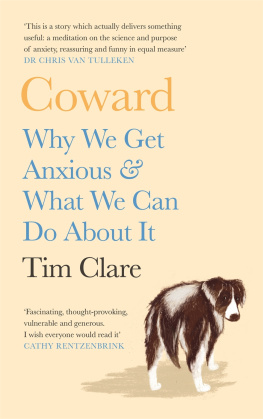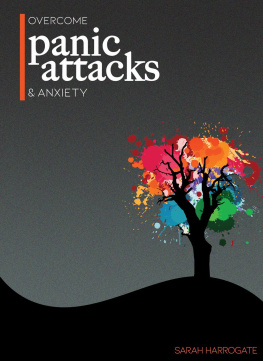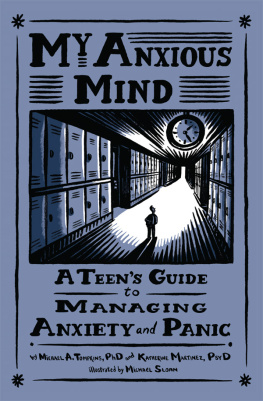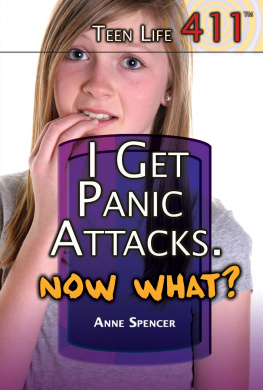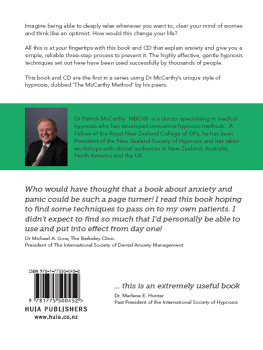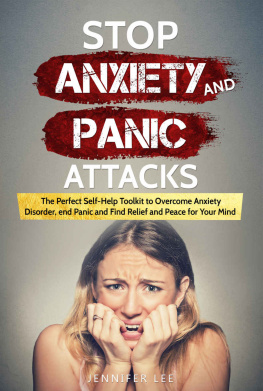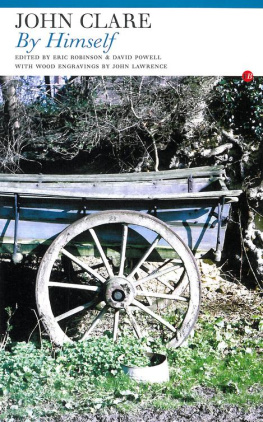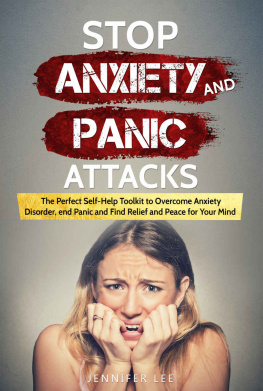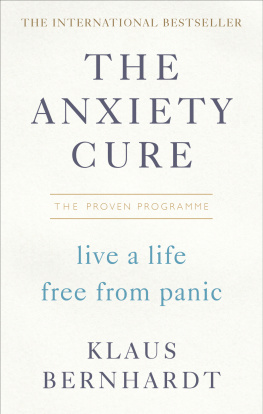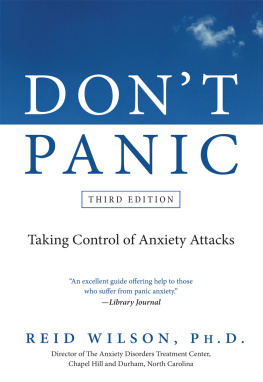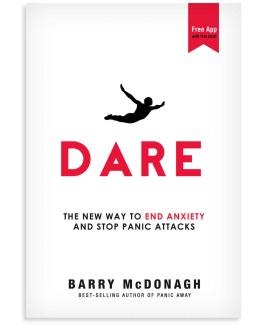
Also by Tim Clare
Fiction
The Honours
The Ice House
Non-fiction
We Cant All Be Astronauts

First published in Great Britain, the USA and Canada in 2022
by Canongate Books Ltd, 14 High Street, Edinburgh EH1 1TE
Distributed in the USA by Publishers Group West
and in Canada by Publishers Group Canada
canongate.co.uk
This digital edition published in 2022 by Canongate Books
Copyright Tim Clare, 2022
The right of Tim Clare to be identified as the author of this work has been asserted by him in accordance with the
Copyright, Designs and Patents Act 1988
Every effort has been made to trace copyright holders and obtain their permission for the use of copyright material. The publisher apologises for any errors or omissions and would be grateful if notified of any corrections that should be incorporated in future reprints or editions of this book.
For permission credits please see
British Library Cataloguing-in-Publication Data
A catalogue record for this book is available on
request from the British Library
ISBN 978 1 83885 310 5
eISBN 978 1 83885 311 2
For Suki
CONTENTS
HOW TO READ THIS BOOK
T his is not a self-help book.
Im barely qualified to dress myself, let alone coach someone Ive never met through overcoming the most widespread mental illness in the world. Itd be like asking a goat to operate a lathe.
This is not a polemic.
Its not an urgent broadside against a pervasive scourge, an exploding of widespread myths, nor a profound meditation on the malady of our modern age.
This is not a manifesto. Its not a call-to-arms. It is not a spirited cri de coeur. Ive done my best to present the strongest arguments of everyone I consulted even if, ultimately, I disagreed with them.
This is not science. It includes science, and many scientists, but more than anything else its a story. And the lab monkey is the author. Hi.
In this book, Im going to act as a kind of medical skeleton of cowardice. Im here with all my bones on display.
If youre skilled at avoiding things that make you uncomfortable, you might never consider yourself anxious. I didnt for years. Many adults unconsciously construct their lives around never putting themselves in a situation where they feel out of place, afraid, or like a beginner. They have a slew of rationalisations Im too busy, it looks boring, ugh, I cant think of anything worse but the motivating prod is anxiety. They dont feel afraid, but fear controls their lives.
I am a coward.
You are too.
This is a book about learning to face that.
My grandmother was a member of the Hitler Youth. One Boxing Day, our family was slumped in a post-turkey stupor when my dad asked why she and the people she knew hadnt done anything to stop the Holocaust.
Sat in her rocking chair, she paused to consider. We didnt know.
But, my dad said, people must have had suspicions.
She recalled passing Auschwitz on a school trip. She said people used to ask: Why are there so many empty prams on Auschwitz station? She remembered the policeman who lived at the end of her street, who had gone to work in the camp, and when he came back his hair had turned white. He locked himself in an attic room and shot himself.
But, she said, you have to understand: bombs were falling from the sky. We had no reason to question. We thought we knew who our enemies were.
Its hard to remain open-minded while youre terrified.
Anxiety submits to authority. One of the gentle theses of this book a suggestion, that youre free to weigh and reject is that while anxiety makes us crave answers, a better way to live is to seek good questions. Its hard to be brutal and callous and cruel while also being curious.
Some people dont cant see themselves as anxious. Yet theyre obsessed with immigrants swarming over the borders. With foreign or domestic powers plotting to destroy the country. With conspiracies or disturbing new trends.
Theyre not anxious; the world is threatening.
When we cant admit our anxiety and paranoia, were vulnerable to misinformation, and manipulation by those who promise to make us feel safe. We escape our uncomfortable anxiety by turning it into righteous anger. We turn our fellow humans into the Other. We stop noticing information that doesnt fit our model. We get locked in a single story. All we can see is the threat.
Its easy to be sceptical of things that dont fit your worldview. Most of us imagine thats all scepticism is. Its much harder, Ive found, to maintain that scepticism when youre presented with exciting, counterintuitive answers that promise to transform your life. A lot of classic psychology experiments make for cool little stories. It feels almost mean-spirited to point out their flaws.
The sociologist Murray S. Davis wrote a terrific paper in the 1970s called Thats Interesting! in which he argued: It has long been thought that a theorist is considered great because his theories are true, but this is false. A theorist is considered great, not because his theories are true, but because they are interesting.
For a theory to be interesting, Davis argues, it must overturn our weakly held assumptions while confirming our strongly held assumptions. If it fails to do the former, we think Well, thats obvious. If it fails to do the latter, we think Well, thats absurd. If it does both, we experience a pleasurable jolt of surprise a prediction error without threatening our overall model of the world. The theory feels intuitively right it makes sense but its also telling us something new what seems to be X is, in fact, non-X and we feel smarter and better informed.
This principle applies to articles and videos we share on social media, to opinion pieces and conspiracy theories. As humans, our attention is drawn to difference, so given huge data sets what looks most anomalous looks most like a signal.
We see this tendency in popular science, especially in the realms of mental health and wellbeing a desire not to let the facts get in the way of a good story. Weve come to view the scientific method as mere pedantry, rather than an essential bulwark against human biases. TED Talks slogan is Ideas worth spreading, but truly worthwhile ideas are worth criticising.
Where relevant, Ive included endnotes with references to studies. If I have reservations about the study design or reasons why I think we should be cautious about the authors conclusions, Ive mostly saved those for the endnotes too. Remember, in research a significant difference isnt necessarily a large one. Significant means less than 5 per cent likely to have happened by chance. Also, just because a study is peer-reviewed doesnt mean its not shite.
Not everything I experienced is generalisable. People vary. In a couple of cases, Ive changed peoples names to protect their privacy. I did some really dumb shit. Im allowed to because its my life and I get to write my own risk assessments. Please dont copy me. Apply wisdom.
I.
TAIL
How I became anxious
S ome years ago I grew a tail. It was about a sixth of my body length, a mix of cartilage and bone.
Coward comes from the Old French coart, meaning one with a tail. It may have been intended to evoke a dog with its tail between its legs in the instinctive gesture of submission. In old descriptions of heraldry, a lion coward is a coat of arms depicting a lion with its tail between its legs.

